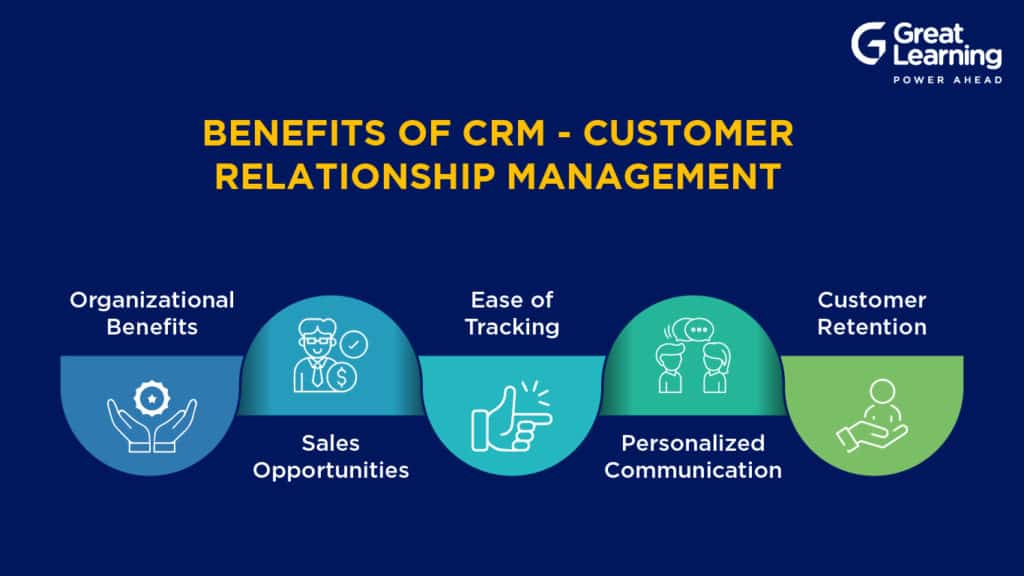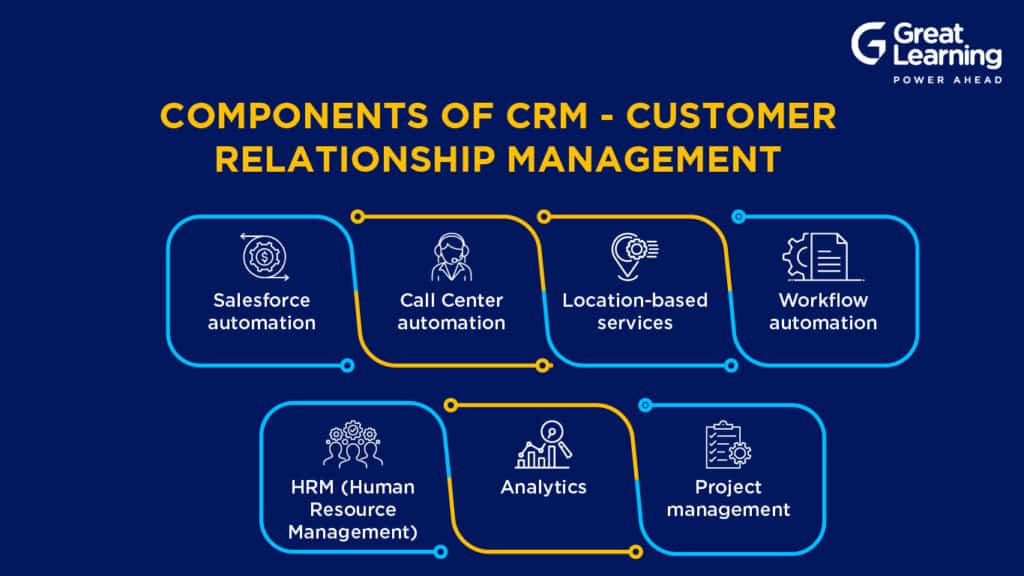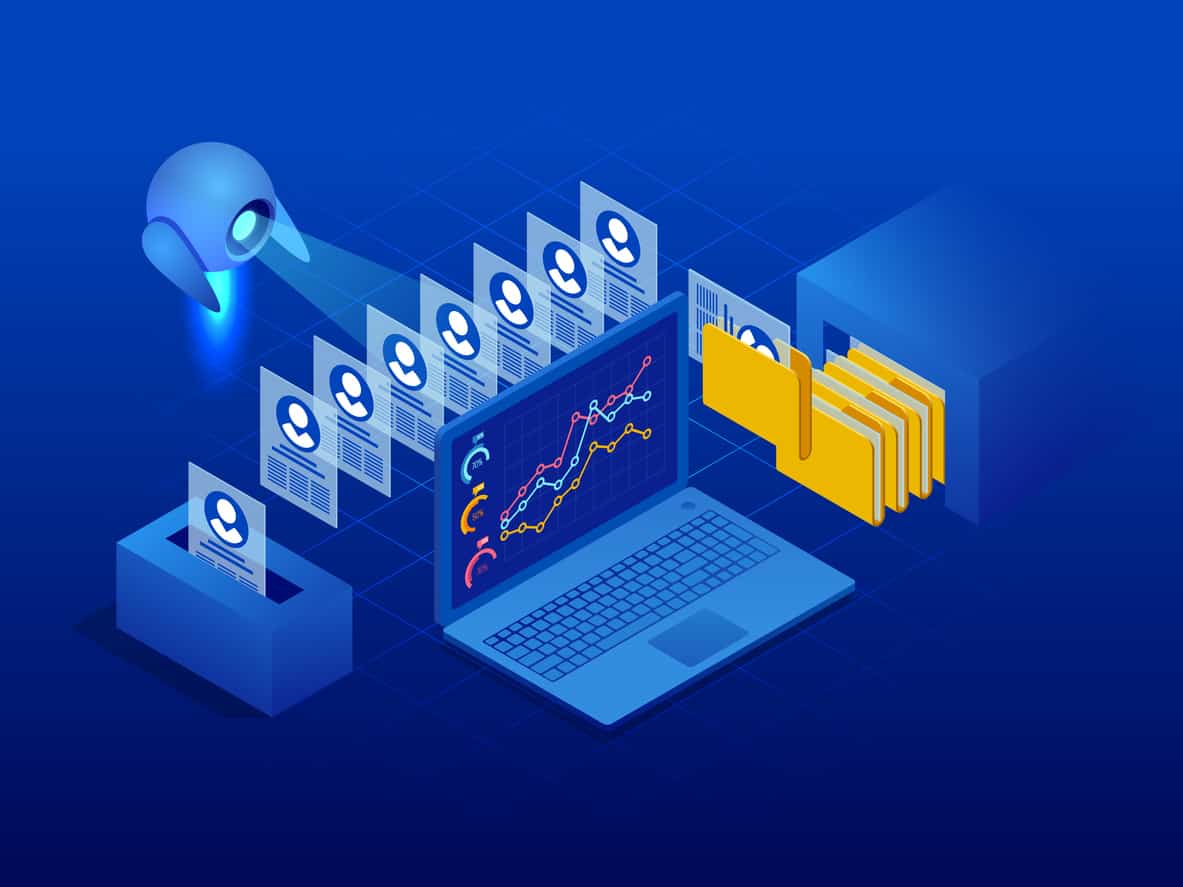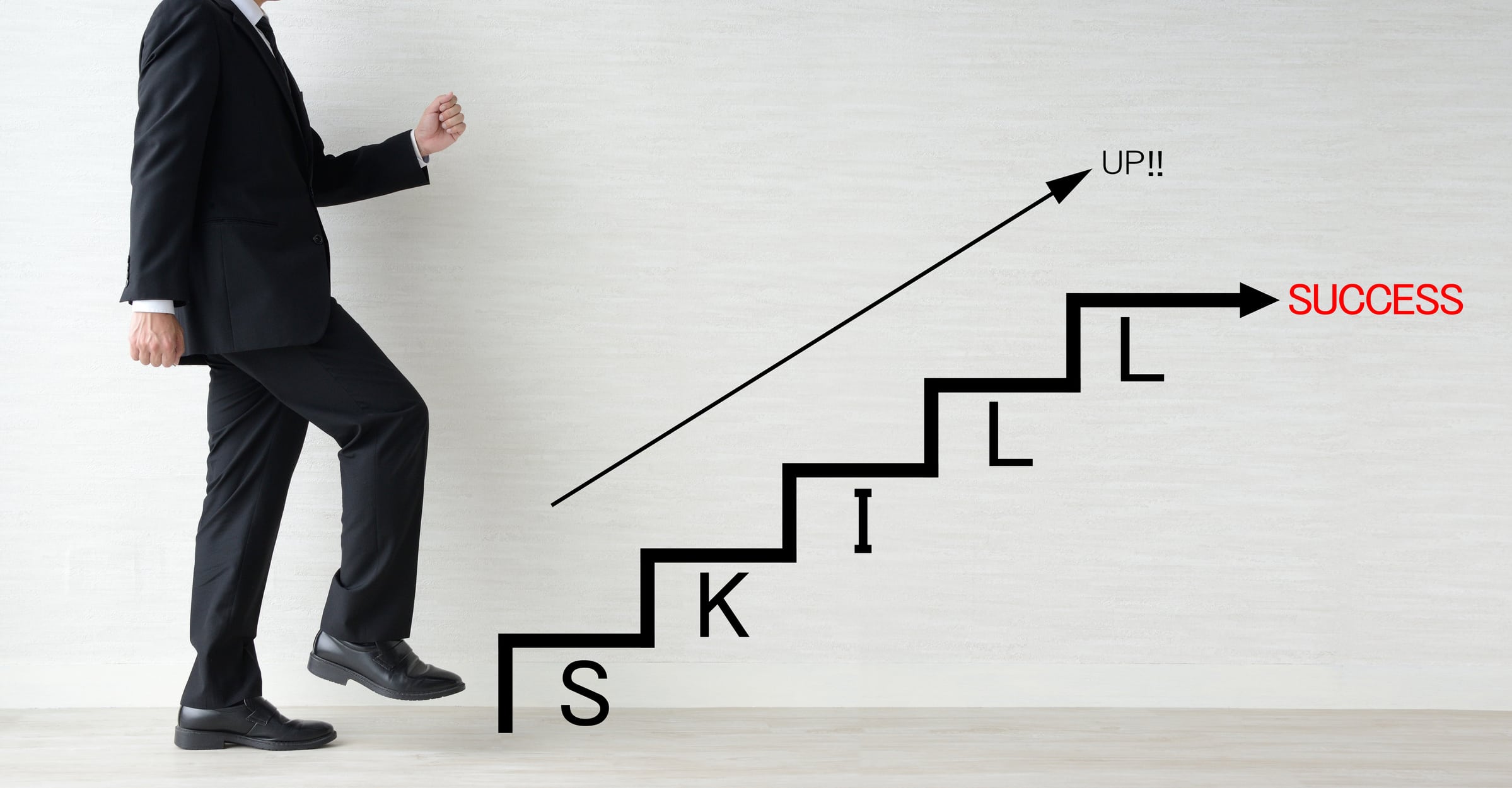- What is CRM? – Introduction
- Why do companies use customer relationship management software?
- Benefits of CRM
- Components of CRM
- Types of CRM technology
What is CRM? – Introduction
CRM is known as Customer Relationship Management and is the software/technology that organisations use to manage customer and potential customer interactions throughout the customer life-cycle to improve business relationships. Learn all about it in this CRM Course.
It has been around since the mid-1990s and has rapidly grown in the last decade. It is a powerful tool that connects all the data of leads and customers in a single place. Customer Relationship Management tools help you improve sales management, contact management, marketing management, social networks, live chat, and various customer life-cycle management processes as a whole.
Why do Companies use Customer Relationship Management Software?
Customer Relationship Management is at the heart of today’s small and large businesses. CRM software/tools give a clear overview of all customers, and organisations can see everything in one place in the form of a customizable and straightforward dashboard with historical data, order status, customer service issues, and more. Marketers can to understand their customers better and run personalized marketing campaigns for better customer retention and to forecast future sales.
Here are a few benefits of CRM:

Organization
The organization benefits as it makes things simple for all the team members. Once you enter the essential details such as Name, Phone number, Email Id, Address, and other necessary information, it becomes easy for you to keep track of data of all contacts. This makes life easier for employees and helps you provide more personalized attention to customers.
Sales Opportunities
CRM allows you to learn more about your customers since it can track purchasing patterns, pricing patterns and provide trends. These analytics can help you develop personalized, targeted plans and strategies to encourage more sales.
Tracking
Most software allows you to integrate workflow and gives us time spent on daily tasks. This helps you track events/tasks and boost customer engagement and efficiency.
Personalized Communication
Personalized Communication is perhaps the essential advantage of CRM and ease of data storage and sales. Acc. to a study from Infosys, more than 86% of consumers agree that personalization plays a role in their purchasing decisions. The data helps you build customer relationships, such as addressing them by their first names and creating segmented campaigns basis parameters such as industry or expertise.
Customer Retention
Customer Personalisation and tracking of historical sales data help you understand customers better. Customer Retention also gets data on your most engaged customers and brings insights on revenue and pricing. You will also be able to get data on the sales cycle and identify purchase patterns which will help you develop plans and strategies to retain customers.
Quick Read – Increasing Customer Retention and Loyalty using Digital Marketing
Components of Customer Relationship Management
CRM software integrates consumer data and other information into a single CRM database which enterprises/users can easily manage. With the advancement in technology, various functionalities are added to the CRM software. Here are a few key components:

Salesforce automation
Salesforce automation tools allow you to manage and track customer interactions and automate processes in the sales life cycle, such as lead management and building customer loyalty.
Call Center automation
It is a tedious task to manage customers’ contacts or potential customers manually and requires a lot of workforce. CRM software allows you to simplify this with features like pre-recorded calls and simplifies customer service processes. You can also integrate other third-party extensions such as chatbots and improve customer experience/satisfaction with customer feedback solutions
Location-based services
Many systems these days allow you to run campaign basis geographical data. The integration of location-based GPS (global positioning system) can help you find sales prospects based on a location.
Workflow automation
CRM software helps organizations streamline their workflow processes and manage workloads allowing employees to reduce redundant activities and focus on high-priority tasks.
HRM (Human Resource Management)
CRM software helps you manage employee and contact databases, conduct performance reviews, and other essential HR processes which enable the HR department to work more effectively.
Analytics
Analytics help you gather historical data and understand customers in a better way. It also enables you to create personalized campaigns and improve the lead conversion ratio.
Project management
Few systems include project management features that help you keep track of project progress, risk management, and other processes in the project life-cycle. You can also avoid using another external project management platform such as JIRA to ease things.
Quick check – 10 ways to increase sales revenue through marketing automation
Types of CRM technology
Cloud-based CRM Technology
CRM that uses Cloud Computing is generally known as SaaS. Here, data is stored on external servers, and a remote online network can be accessed anywhere by using an internet connection. One of the best advantages of a cloud-based CRM is that – you do not lose any data and do not require high technical expertise to use the same.
There is a possibility of losing data if the service provider is acquired by another business or goes out of business. Compatibility issues also arise during the migration of data. Since the cloud-based CRM will be on a subscription basis, this might cost you higher than other conventional CRMs.
Popular cloud-based providers are Microsoft Dynamics CRM, Salesforce, Leadsquared, HubSpot, and Zendesk.
On-premises CRM Technology
On-premises software is entirely managed by the enterprise/organization using CRM. They are the admin, maintain database, security management. Generally, licenses are purchased upfront instead of subscriptions from a CRM service provider. Anything other than the license will cost enterprise/organization using CRM, such as hosting server and upgrade.
Popular cloud-based providers who offer on-premises CRM are Salesforce and WorkWise.
Open-source CRM Technology
Open-source systems have their source code available to everyone. Enterprises/organisations can make alterations to code their requirements which reduces the cost to the company employing. They also allow you to integrate external APIs or extensions such as social media integrations to improve practices.
Popular open-source platforms are OroCRM, Bitrix24, SuiteCRM, and SugarCRM.










